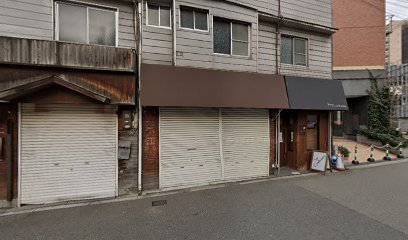
Discover the Ancient Majesty of Fujiwara Palace Ruins
Explore the historic Fujiwara Palace Ruins in Kashihara, Nara, a captivating archaeological site showcasing Japan's rich cultural heritage and ancient architecture.
Step into the rich history of Japan at the Fujiwara Palace Ruins in Kashihara, Nara. This archaeological site offers a glimpse into the grandeur of the Fujiwara clan’s legacy, featuring expansive grounds, historical artifacts, and a serene environment perfect for exploration and contemplation. Visitors can stroll through beautifully preserved landscapes that tell the story of one of Japan's most influential families, making it a must-visit for history enthusiasts and casual tourists alike.
A brief summary to Fujiwara Palace Ruins
- Daigocho, Kashihara, Daigocho, Nara, 634-0072, JP
- +81744-21-1115
- Visit website
- Monday 12 am-12 am
- Tuesday 12 am-12 am
- Wednesday 12 am-12 am
- Thursday 12 am-12 am
- Friday 12 am-12 am
- Saturday 12 am-12 am
- Sunday 12 am-12 am
Local tips
- Visit in spring for cherry blossoms or in fall for stunning autumn colors.
- Wear comfortable shoes for walking as the grounds are expansive.
- Take advantage of the informative signage throughout the site to enrich your visit.
- Bring a picnic to enjoy in the serene surroundings.
- Plan your visit early in the morning to avoid crowds and enjoy peaceful exploration.
Getting There
-
Car
If you are driving, you can use the following directions. From Nara city center, take Route 169 towards Kashihara. Continue on this road for approximately 20 km. As you approach Kashihara, follow the signs for Fujiwara Palace Ruins. You will need to turn left onto Route 24, then follow the signs to Daigocho. The ruins are located at Daigocho, Kashihara, Nara 634-0072. There is parking available on site, typically at no cost.
-
Public Transportation
If you prefer public transportation, start from Nara Station. Take the Kintetsu Nara Line to Kintetsu Kashihara Station, which takes about 30 minutes and costs around 600 yen. Once you arrive at Kintetsu Kashihara Station, exit the station and look for the bus stop. Board a bus heading to the Fujiwara Palace Ruins. The bus ride should take about 15 minutes and will cost approximately 300 yen. The bus stop is conveniently located near the entrance to the ruins.
-
Bicycle
For those who enjoy cycling, you can rent a bicycle in Nara city. From the city center, follow Route 169 towards Kashihara, which is about a 20 km ride. The route is relatively flat and scenic, allowing you to enjoy the countryside. Make sure to wear a helmet and bring water. Once you reach Daigocho, follow the signs to the Fujiwara Palace Ruins. There is usually space to lock your bike at the entrance.
Discover more about Fujiwara Palace Ruins
Iconic landmarks you can’t miss
Mausoleum of Emperor Jimmu
1.9 km
Explore the Mausoleum of Emperor Jimmu, a historical landmark in Kashihara, Nara, embodying the spirit of Japan's ancient origins.
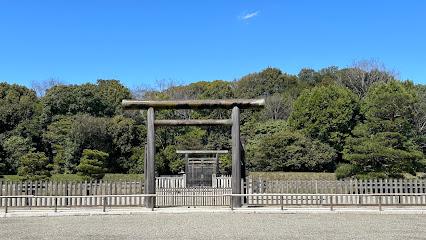
3-chōme-1-22 Imaichō
2.0 km
Discover the historic beauty of 3-chōme-1-22 Imaichō in Kashihara, Nara, where traditional architecture meets vibrant local culture.
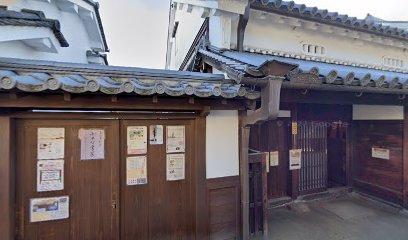
Kasuga Shrine
2.2 km
Explore the tranquil beauty and rich history of Kasuga Shrine, a magnificent Shinto shrine in Kashihara, Nara, where Japan's spiritual heritage comes alive.
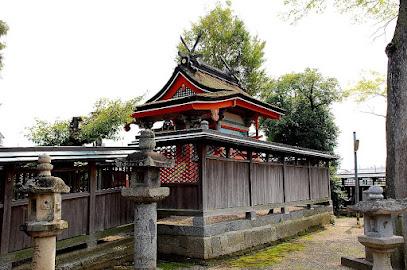
Kameishi
3.4 km
Discover the ancient stone formations of Kameishi in Asuka, a historical landmark blending rich heritage with stunning natural beauty.
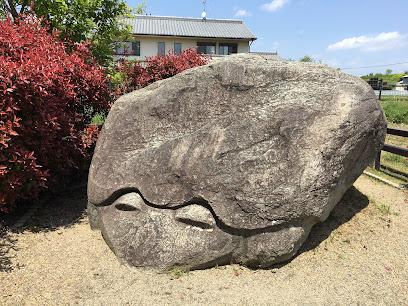
Ishibutai Tumulus
4.2 km
Explore Ishibutai Tumulus, an ancient burial site in Asuka that reveals the rich history and culture of Japan's early civilizations amidst stunning natural beauty.
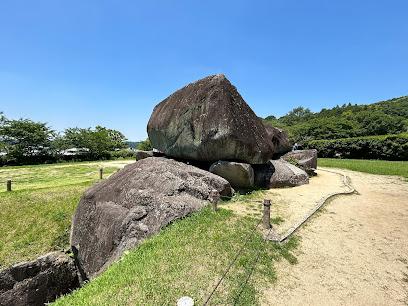
Takamatsuzuka Tumulus
4.4 km
Explore the Takamatsuzuka Tumulus, a historical gem in Nara, Japan, featuring stunning ancient murals and a captivating glimpse into Japan's rich history.

Shukyohojinyakushiji
13.3 km
Experience the serenity of Shukyohojinyakushiji, a historic Buddhist temple in Oyodo, Nara, where tranquility and culture meet.
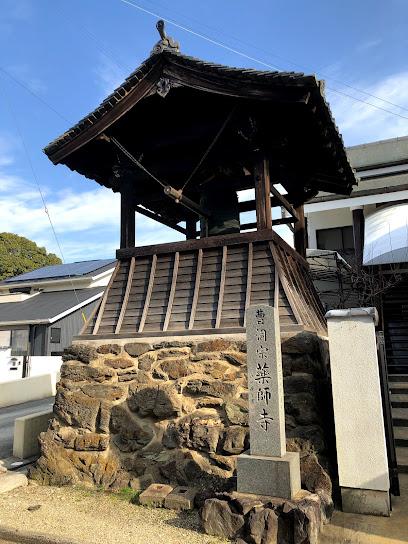
Koriyama Hachiman-Jinja Shrine
16.0 km
Explore the serene Koriyama Hachiman-Jinja Shrine, a beautiful Shinto shrine in Yamatokoriyama, Nara, where tradition and tranquility meet.
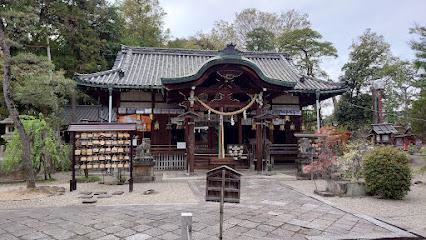
19-1 Konyamachi
16.4 km
Discover the architectural beauty and historical significance of Konyamachi in Yamatokoriyama, a gem in the heart of Nara, Japan.
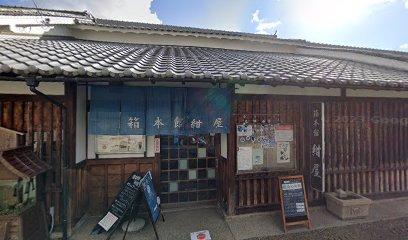
Koriyama Castle Ruins
16.9 km
Discover the historic Koriyama Castle Ruins in Nara, Japan, where ancient architecture meets breathtaking views in a serene landscape.
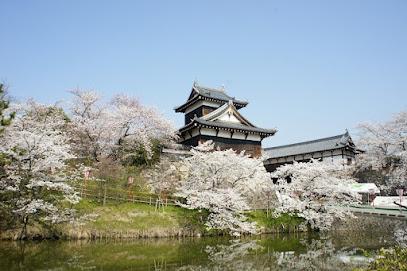
Gyokuzoin
17.4 km
Discover tranquility at Gyokuzoin, a stunning Buddhist temple in Nara, where spirituality meets the beauty of nature.
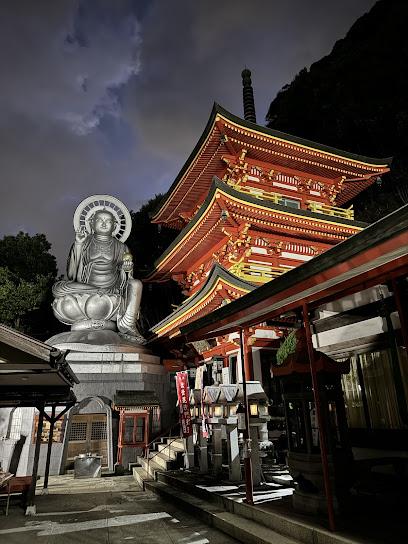
塔の茶屋
19.6 km
Experience the essence of Japanese kaiseki dining at Tounochaya in Nara, where every meal is a celebration of seasonal flavors and culinary artistry.
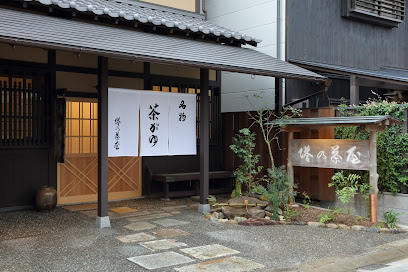
Naramachi Historic District
19.6 km
Explore the timeless charm of Naramachi Historic District, where the spirit of Edo-period Japan comes alive through its stunning architecture and rich cultural experiences.
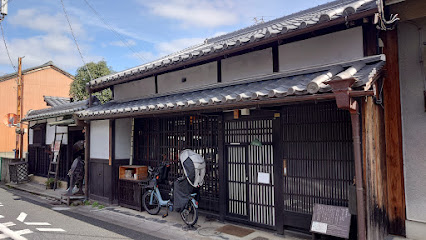
Naramachi Nigiwai-no-le
19.6 km
Discover the traditional charm and cultural heritage of Naramachi Nigiwai-no-ie, a captivating tourist attraction in historic Nara, Japan.
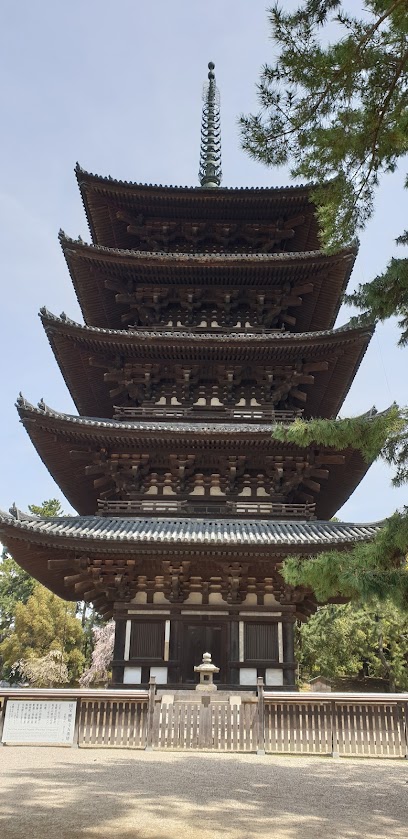
Nara Craft Museum
19.8 km
Explore the artistry of Japan at the Nara Craft Museum, a captivating destination showcasing traditional handicrafts and local artisans.
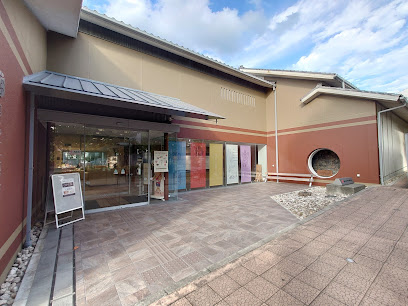
Unmissable attractions to see
Imai Townscape Exchange Center Hanairaka
1.7 km
Immerse yourself in the cultural richness of Kashihara at the Imai Townscape Exchange Center Hanairaka, a local history museum showcasing Japan's heritage.
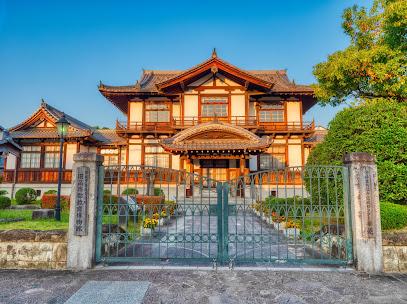
Imaicho
2.2 km
Discover Imaicho, a historical district in Kashihara, Nara, where traditional architecture meets serene surroundings, embodying the charm of old Japan.
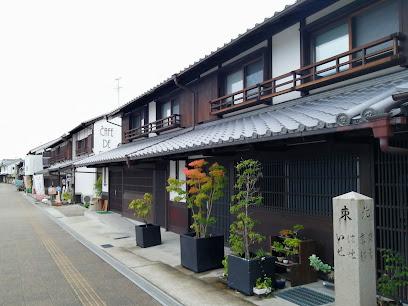
Kashihara Jingu
2.4 km
Discover the serene beauty and cultural significance of Kashihara Jingu, a renowned Shinto shrine in Nara, Japan, steeped in history and tradition.
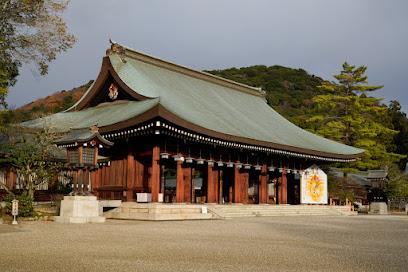
Asuka Historical Museum, Nara National Institute for Cultural Properties
2.5 km
Explore the Asuka Historical Museum and uncover the treasures of Japan's ancient past through captivating exhibits and serene landscapes.
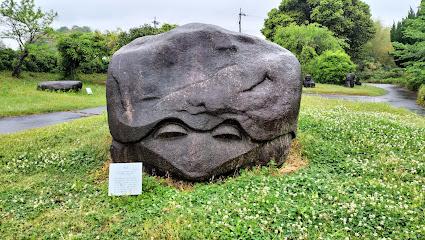
Asuka-dera
2.8 km
Discover the tranquil beauty and historical significance of Asuka-dera, home to Japan's oldest Buddha statue in the heart of Nara.
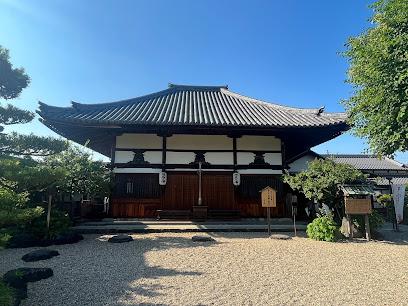
Nara Prefecture Complex of Man’yo Culture (Man’yo Museum)
3.1 km
Uncover the essence of Japan's ancient poetry and culture at the Nara Prefecture Complex of Man’yō Culture in Asuka, a serene local history museum.
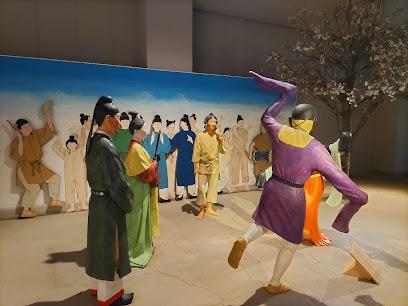
Asuka
3.6 km
Explore the ancient beauty of Asuka in Nara, where history, culture, and nature intertwine in a serene Japanese village.
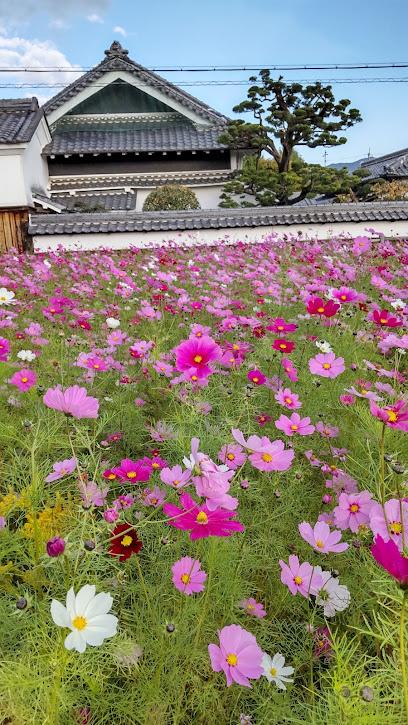
Okadera
3.8 km
Discover the tranquil beauty of Okadera, a historic Buddhist temple in Nara, where spirituality and nature converge for an unforgettable experience.
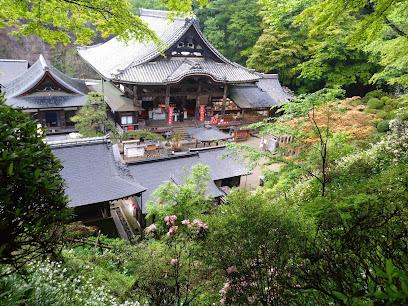
Imanishi Sake Brewery
4.8 km
Experience Japan's rich sake culture at Imanishi Sake Brewery, where tradition meets craftsmanship in the heart of Nara.
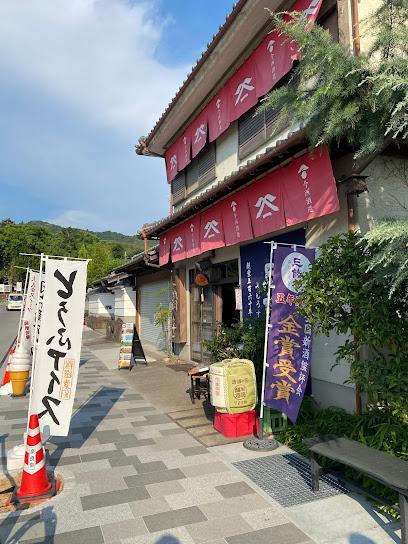
Inabuchi Terraced Rice Fields
5.1 km
Experience the breathtaking beauty and cultural richness of Inabuchi Terraced Rice Fields, a true gem in Nara's picturesque landscape.
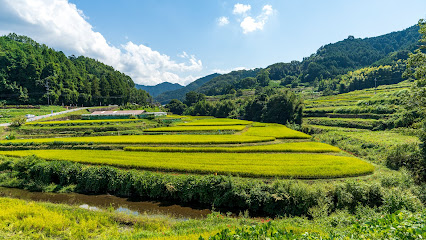
Tsubosakadera
8.4 km
Explore Tsubosakadera, a serene Buddhist temple in Nara, Japan, offering rich history, stunning architecture, and tranquil gardens for a reflective experience.
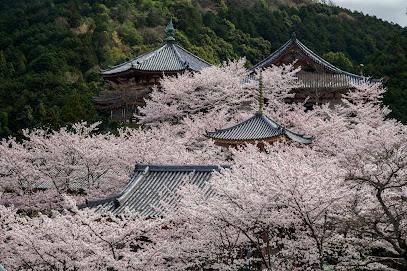
Kehayaza Sumo Museum
9.7 km
Explore the fascinating world of sumo wrestling at Kehayaza Sumo Museum in Katsuragi, Nara, a cultural gem celebrating Japan's traditional sport.
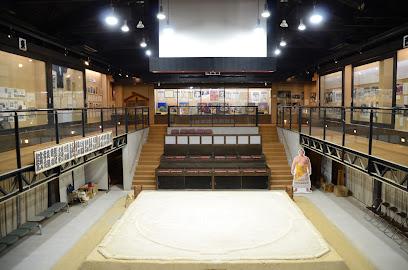
Hasedera Temple
9.9 km
Explore Hasedera Temple in Nara, a stunning Buddhist site offering breathtaking views, rich history, and serene gardens for a unique travel experience.
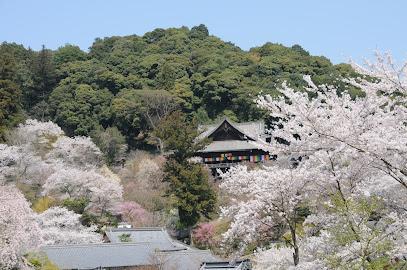
Taima-dera
10.4 km
Experience the spiritual allure of Taima-dera, a historic Buddhist temple in Nara, Japan, surrounded by serene gardens and rich cultural heritage.
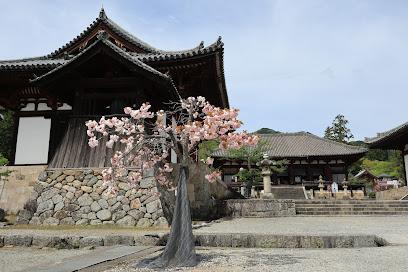
Uda-Matsuyama Castle Ruins
12.1 km
Uda-Matsuyama Castle Ruins: A historical gem in Nara, where ancient architecture meets stunning natural landscapes.
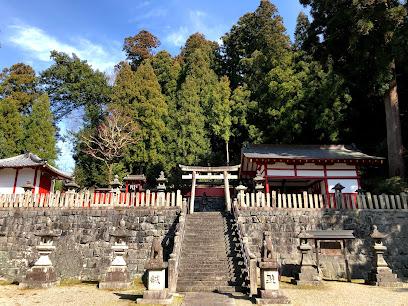
Essential places to dine
Kiyosuminosato Awa
15.2 km
Discover authentic Japanese cuisine at Kiyosuminosato Awa in Nara, where tradition meets taste in a serene setting.
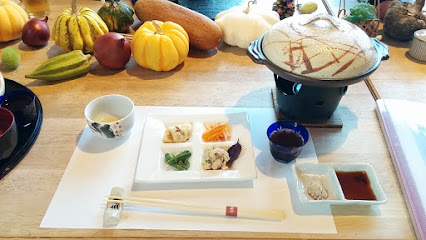
Tsukumo
19.5 km
Discover Tsukumo: An exquisite Kaiseki restaurant in Nara offering seasonal dishes that celebrate Japan's culinary traditions.
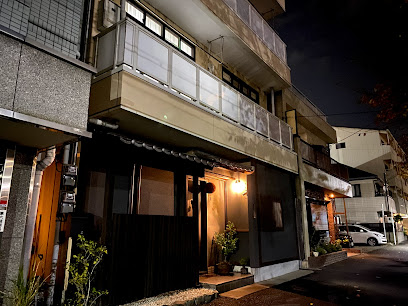
Kinatei
19.6 km
Experience the best of vegetarian dining at Kinatei in Nara, where organic ingredients meet flavorful creativity for every health-conscious traveler.

onwa
19.7 km
Experience the best of plant-based cuisine at Onwa in Nara – where every bite is crafted with love and care.
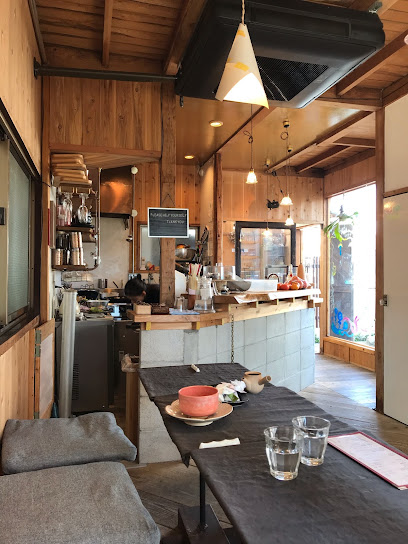
Ashibinosato
19.7 km
Discover authentic Japanese cuisine and vibrant culture at Ashibinosato in Nara – where food meets community in an unforgettable experience.
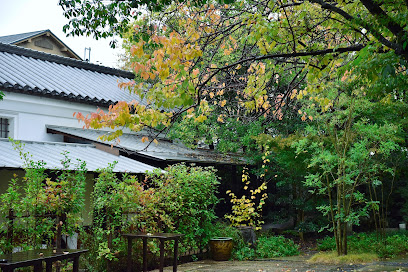
はり新
19.7 km
Discover authentic Japanese cuisine at はり新 in Nara - where tradition meets flavor in every dish.
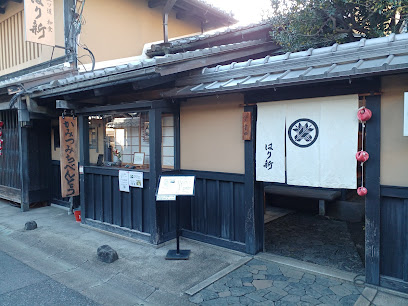
Naramachi Hiyori
19.7 km
Discover the art of Kyoto-style dining at Naramachi Hiyori—where tradition meets creativity in every delicious bite.
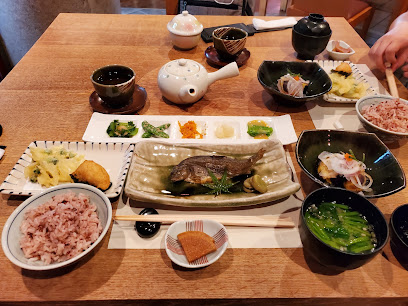
RAhOTSU
19.7 km
Discover authentic Thai flavors at RAhOTSU in Nara - a culinary gem offering exquisite dishes in a vibrant atmosphere.
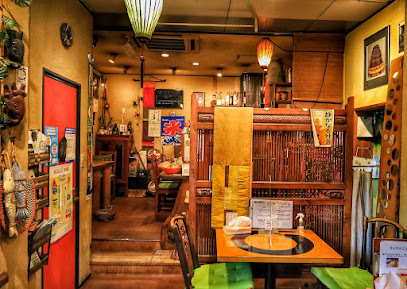
Edogawa - Naramachi
19.8 km
Experience authentic Japanese cuisine at Edogawa - Naramachi in historic Nara, featuring expertly grilled unagi and traditional delicacies.
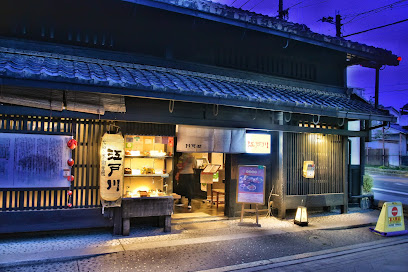
Awa Naramachi
19.8 km
Experience authentic Japanese cuisine at Awa Naramachi in Nara - where tradition meets taste.

Vegan Cafe Ramuna
19.8 km
Discover the vibrant flavors of plant-based cuisine at Vegan Cafe Ramuna in Nara - a haven for health-conscious food lovers.
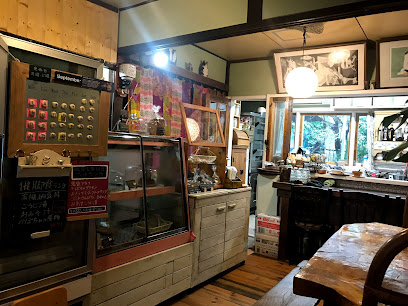
Surugamachi's Okonomiyakiya
19.8 km
Experience authentic okonomiyaki at Surugamachi's Okonomiyakiya in Nara – where tradition meets flavor at affordable prices.
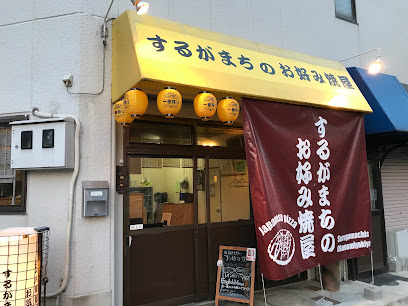
Okonomiyaki Parco
19.9 km
Discover authentic Japanese flavors at Okonomiyaki Parco in Nara - where delicious okonomiyaki meets vibrant dining culture.
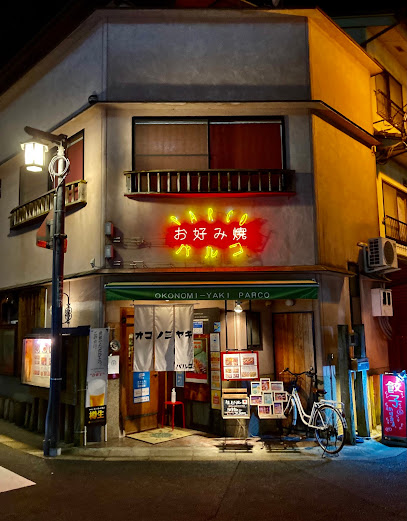
Sankoen
19.9 km
Discover Sankoen in Nara - where traditional Japanese cuisine meets modern creativity for an unforgettable dining experience.
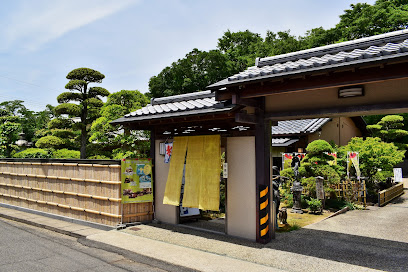
滴翠
20.0 km
Experience the essence of authentic Japanese cuisine at 滴翠 in Nara - where tradition meets taste.
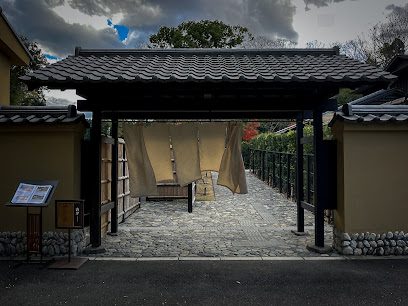
Markets, malls and hidden boutiques
Coffee Sanpo
3.6 km
Discover the tranquility of Coffee Sanpo in Asuka, where exceptional brews meet breathtaking countryside views.
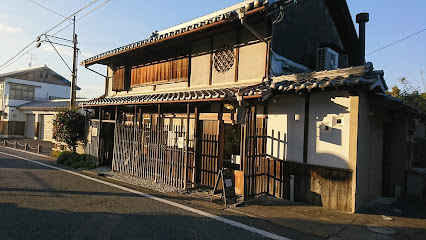
Aeon Mall Kashihara
4.1 km
Discover unparalleled shopping and dining at Aeon Mall Kashihara in Nara, Japan, where tradition meets modern retail and entertainment.
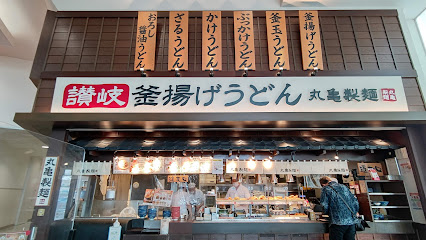
Tenri Hondori Shopping Street
11.3 km
Discover the cultural heartbeat of Tenri at Hondori Shopping Street with its vibrant shops and tantalizing street food, a must-visit for every traveler.
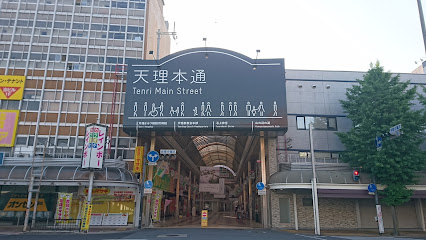
Secret Base JO-9, Cafe
12.4 km
Experience the serene charm of Secret Base JO-9 Café in Nara, where delicious coffee and a tranquil atmosphere await every visitor.
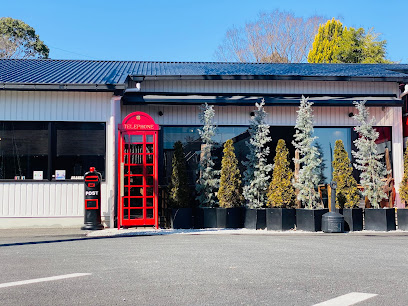
Ryohinkaikan Naraten
18.5 km
Explore Ryohinkaikan Naraten for unique kimonos, vintage finds, and sustainable shopping in the heart of Nara, Japan.
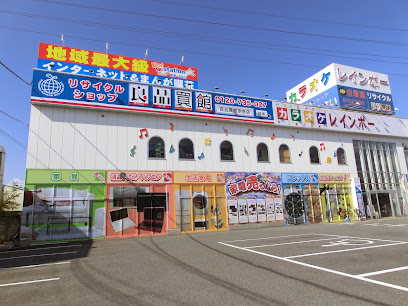
AEON TOWN Tomiominami
19.1 km
Explore AEON TOWN Tomiominami, Nara's premier shopping destination with diverse shops, dining options, and family-friendly entertainment.

奈良専門オンラインショップ「ならわし」
19.5 km
Explore ならわし, Nara's premier gift shop, for unique local crafts and souvenirs that capture the spirit of Japan's rich heritage.
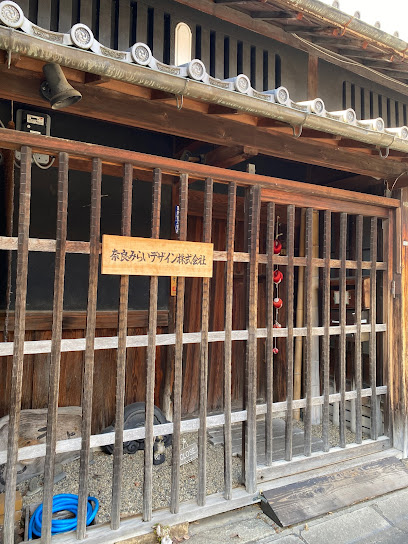
SHOP OF THE PAINTER OF NARA MACHI
19.8 km
Explore the vibrant artistry at the Shop of the Painter in Nara Machi, where tradition meets creativity in every handcrafted piece.

Shimomikado Shopping Street
19.9 km
Experience the perfect blend of tradition and modernity at Shimomikado Shopping Street, a vibrant destination in the heart of Nara, Japan.
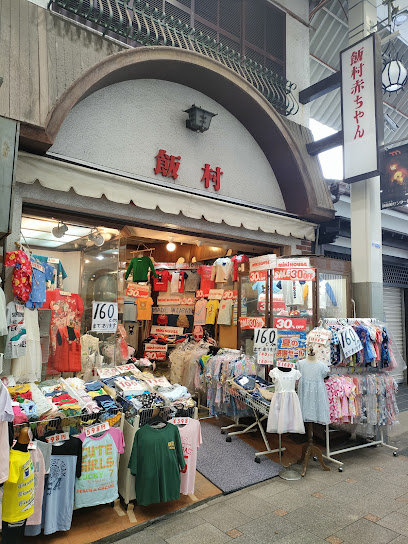
Network Gallery Nawrap
19.9 km
Explore the unique charm of Japanese home goods at Network Gallery Nawrap in Nara, a must-visit destination for tourists.
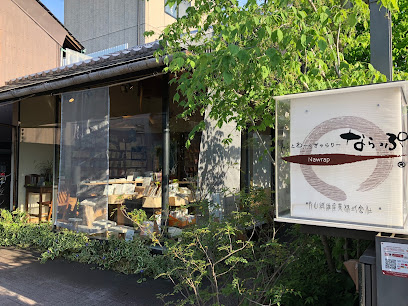
Ezuya
19.9 km
Explore Ezuya in Nara for authentic souvenirs and traditional crafts that embody the essence of Japanese culture.
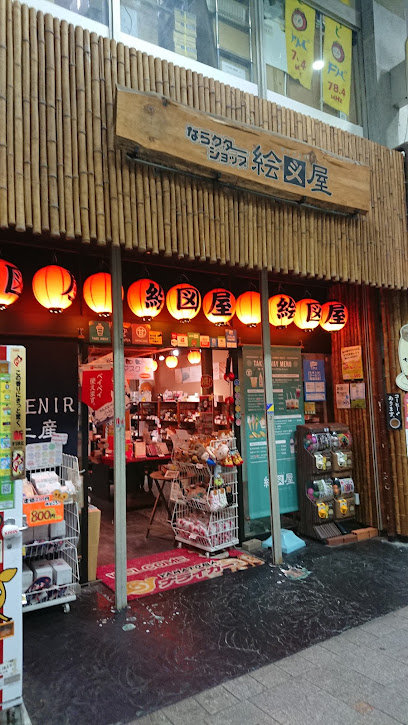
Vierra Nara
19.9 km
Explore the dynamic shopping experience at Vierra Nara, where modern retail meets traditional Japanese culture.
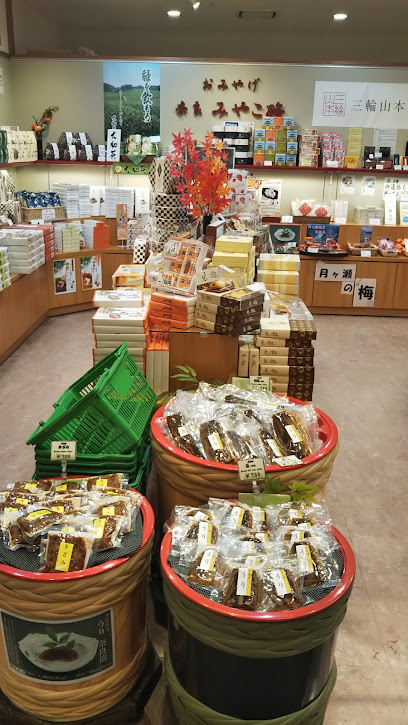
Mochiido Center Town
20.0 km
Experience the essence of Nara at Mochiido Center Town, a vibrant shopping mall blending modern retail and traditional charm.
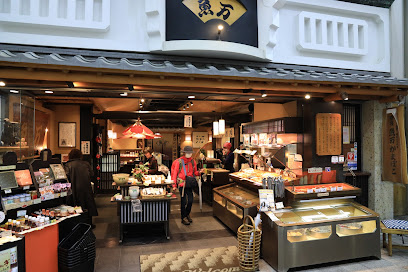
Spark
20.0 km
Discover unique home goods and furniture at Spark in Nara, where local craftsmanship meets modern design in an inviting shopping experience.
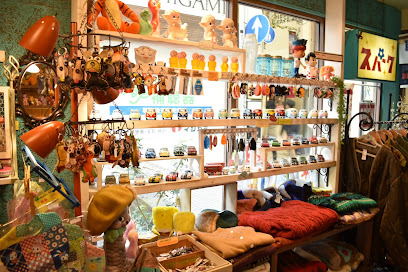
Silkia Nara
20.0 km
Explore the vibrant Silkia Nara shopping mall, where local culture meets modern retail in a unique shopping experience in the heart of Nara.
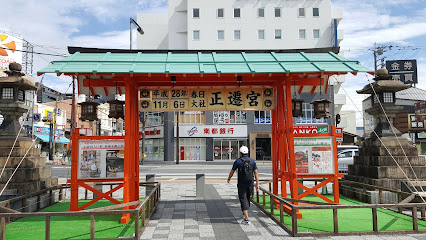
Essential bars & hidden hideouts
THE SAILING BAR
2.7 km
Experience Sakurai's vibrant nightlife at The Sailing Bar, where exquisite cuisine meets a charming nautical atmosphere.
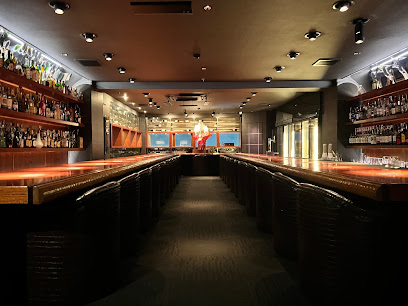
Bar Sally / Sally's Curry
17.1 km
Discover the unique blend of bar culture and authentic Japanese curry at Bar Sally in Yamatokoriyama, Nara, for an unforgettable dining experience.
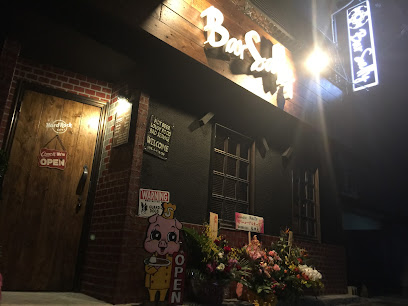
HAOH SURUGAMACHI
19.7 km
Discover the vibrant nightlife at HAOH SURUGAMACHI, Nara's premier bar and live music venue, where unforgettable experiences await.

BAR315.nara
19.8 km
Discover BAR315.nara: Where Modern Vibes Meet Traditional Japanese Hospitality in the Heart of Nara.

blue note Naramachi
19.8 km
Discover the heart of Nara's jazz scene at Blue Note Naramachi, where live music and a relaxed atmosphere await every visitor.
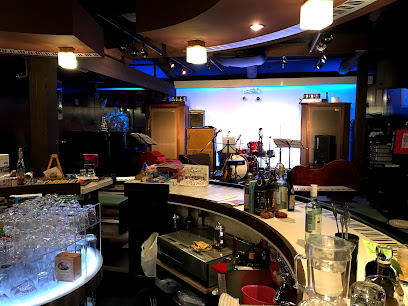
Salon des vins Sève
19.9 km
Discover the enchanting world of wines at Salon des Vins Sève, a cozy wine bar in Nara, Japan, perfect for relaxation and indulgence.
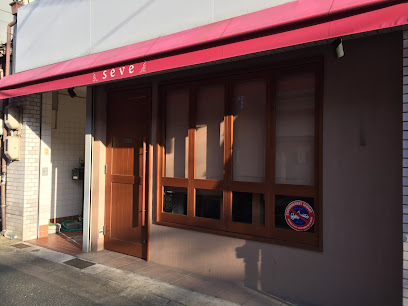
shishabar Re'bel
19.9 km
Discover the lively atmosphere and authentic Japanese barbecue at Shishabar Re'bel in Nara, a culinary gem for food enthusiasts.

SK Music At Brazilian Bar
19.9 km
Discover the vibrant nightlife at SK Music at Brazilian Bar in Nara, where live music meets a cozy atmosphere for an unforgettable experience.

Bar PIRATES
19.9 km
Discover the lively pirate-themed Bar PIRATES in Nara, where you can enjoy an extensive drink menu and vibrant nightlife in a unique atmosphere.
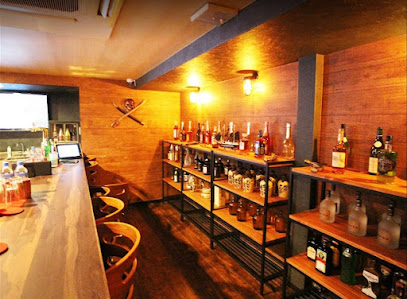
M's Bar
20.0 km
Discover M's Bar in Nara for an unforgettable evening of crafted cocktails and cozy ambiance amidst Japan's rich cultural heritage.
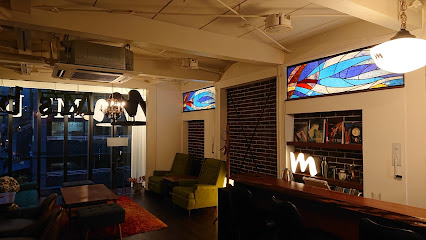
Savant
20.0 km
Discover Savant, Nara's top bar, offering exquisite cocktails and a vibrant atmosphere that reflects the best of Japanese hospitality.
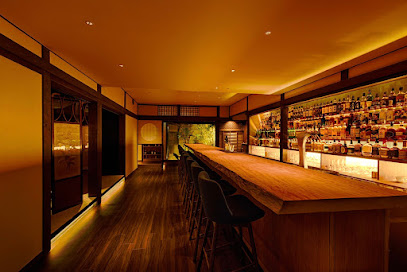
バー フィディック
20.0 km
Experience the vibrant nightlife of Nara at Bar Fiddich, where exceptional drinks and a cozy atmosphere await you.
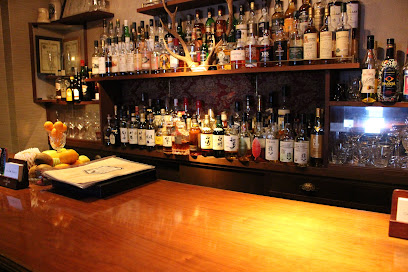
Old Time
20.0 km
Discover the charming Old Time bar in Nara, where tradition meets modernity in a cozy atmosphere, perfect for savoring local drinks.
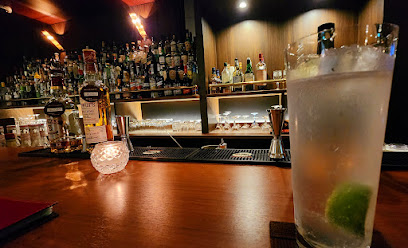
Music Bar Reciaffe
20.0 km
Discover the vibrant nightlife of Nara at Music Bar Reciaffe, where great music and a lively atmosphere await your arrival.
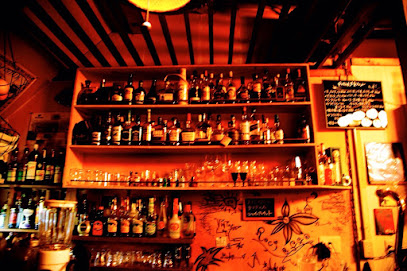
Light
20.0 km
Experience the lively atmosphere and local flavors at Light, a charming pub in the heart of Nara, Japan.
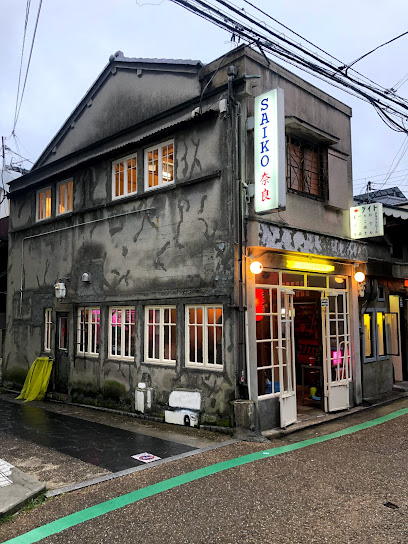
Nightclubs & after hour spots
Arp-アープ-
19.6 km
Immerse yourself in the electrifying nightlife of Nara at Arp-アープ-, a vibrant night club where unforgettable memories are made.
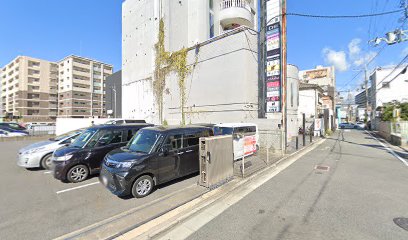
ADAMAS
19.6 km
Unleash your nightlife spirit at ADAMAS, Nara's premier night club, where vibrant music and an electrifying atmosphere await.
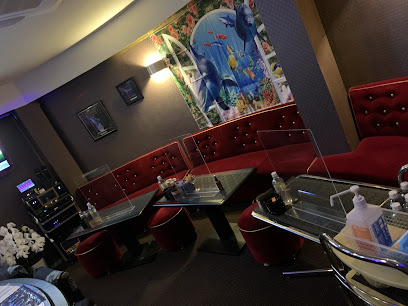
SNACK BAR solo
19.8 km
Discover the vibrant nightlife at SNACK BAR solo in Nara, where delicious drinks and a friendly atmosphere await your arrival.
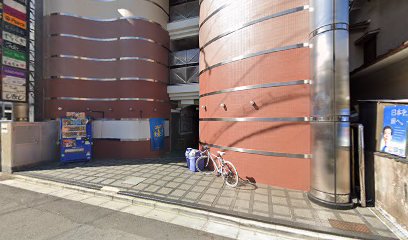
CLUB EDEN
19.9 km
Discover the electrifying nightlife at CLUB EDEN in Nara, where music, dance, and unforgettable experiences await!
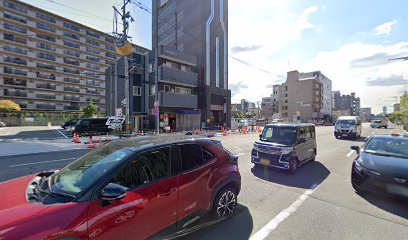
NIGHT SPACE エアメール
20.1 km
Discover the electrifying nightlife of Nara at NIGHT SPACE エアメール, a must-visit night club for music and dance lovers.
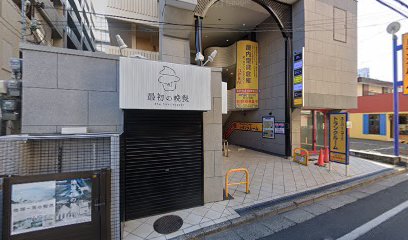
Cotton Club
20.2 km
Uncover the lively nightlife at Cotton Club in Nara, where great drinks, music, and unforgettable experiences await every evening.
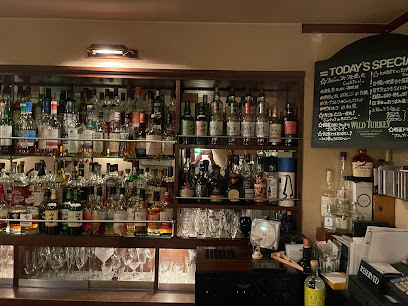
Philippine Karaoke Bar JURI
20.3 km
Enjoy an unforgettable karaoke experience at Philippine Karaoke Bar JURI, where music, fun, and friendship converge in Nara, Japan.
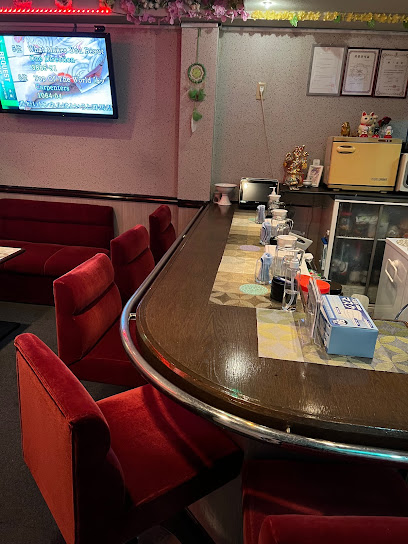
LAPIN
20.4 km
Discover the electric atmosphere of LAPIN, Nara's ultimate night club, where unforgettable dance parties and vibrant music await.
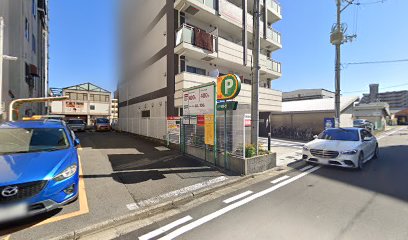
PLAN on NARA
20.4 km
Discover Nara's nightlife at PLAN on NARA - a lively night club with great music and an electrifying atmosphere for unforgettable nights.
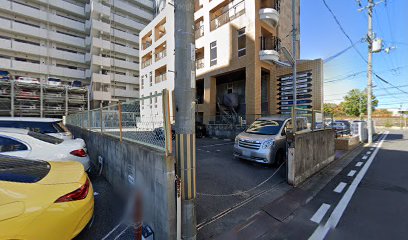
フィッツ奈良
20.6 km
Discover the vibrant nightlife of Nara at フィッツ奈良, where music, dance, and local culture come alive in an unforgettable club experience.
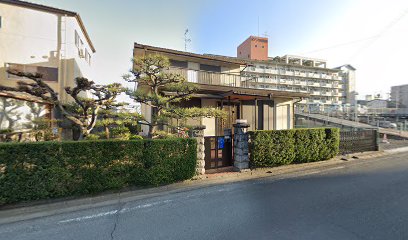
Club Lounge, Sheraton Miyako Hotel Osaka
32.0 km
Discover the luxurious Club Lounge at Sheraton Miyako Hotel Osaka, where stunning views and exceptional service create a perfect retreat.

oasis
32.3 km
Discover the vibrant nightlife of Osaka at Oasis, where electrifying beats and an energetic crowd create unforgettable experiences.
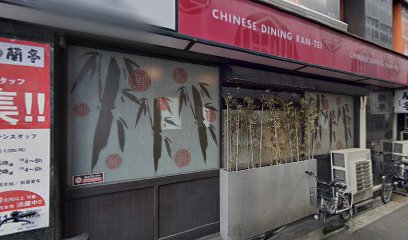
Bonita
33.2 km
Experience the vibrant nightlife of Osaka at Bonita, a premier club offering unforgettable music, dance, and karaoke in the heart of the city.

Miss Osaka
33.2 km
Unleash your spirit at Miss Osaka, the ultimate night club experience in the heart of the city's vibrant nightlife.
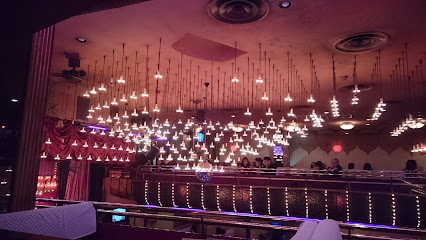
Coamig
33.5 km
Experience the vibrant nightlife of Osaka at Coamig, where electrifying music and a lively atmosphere await every night.
